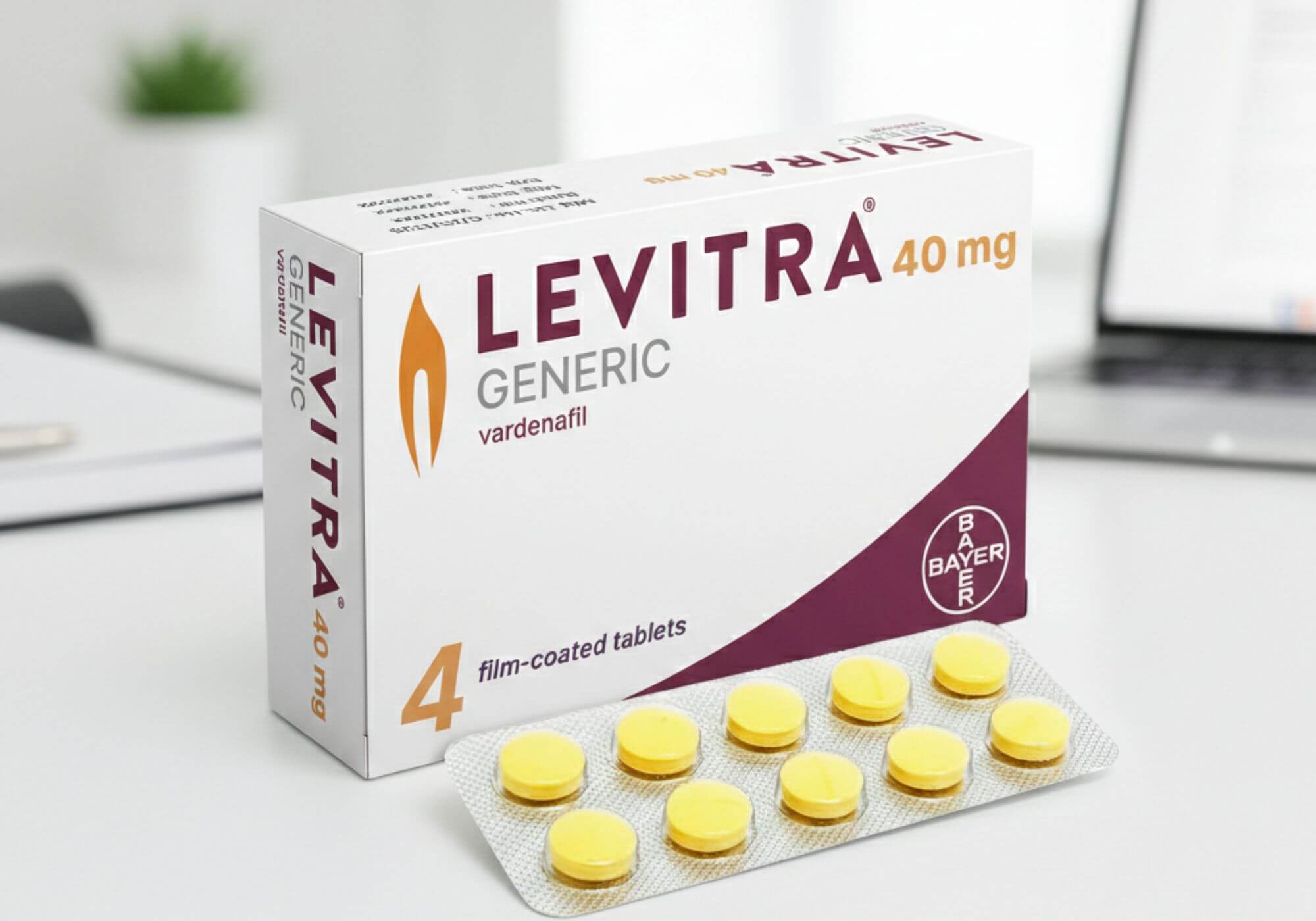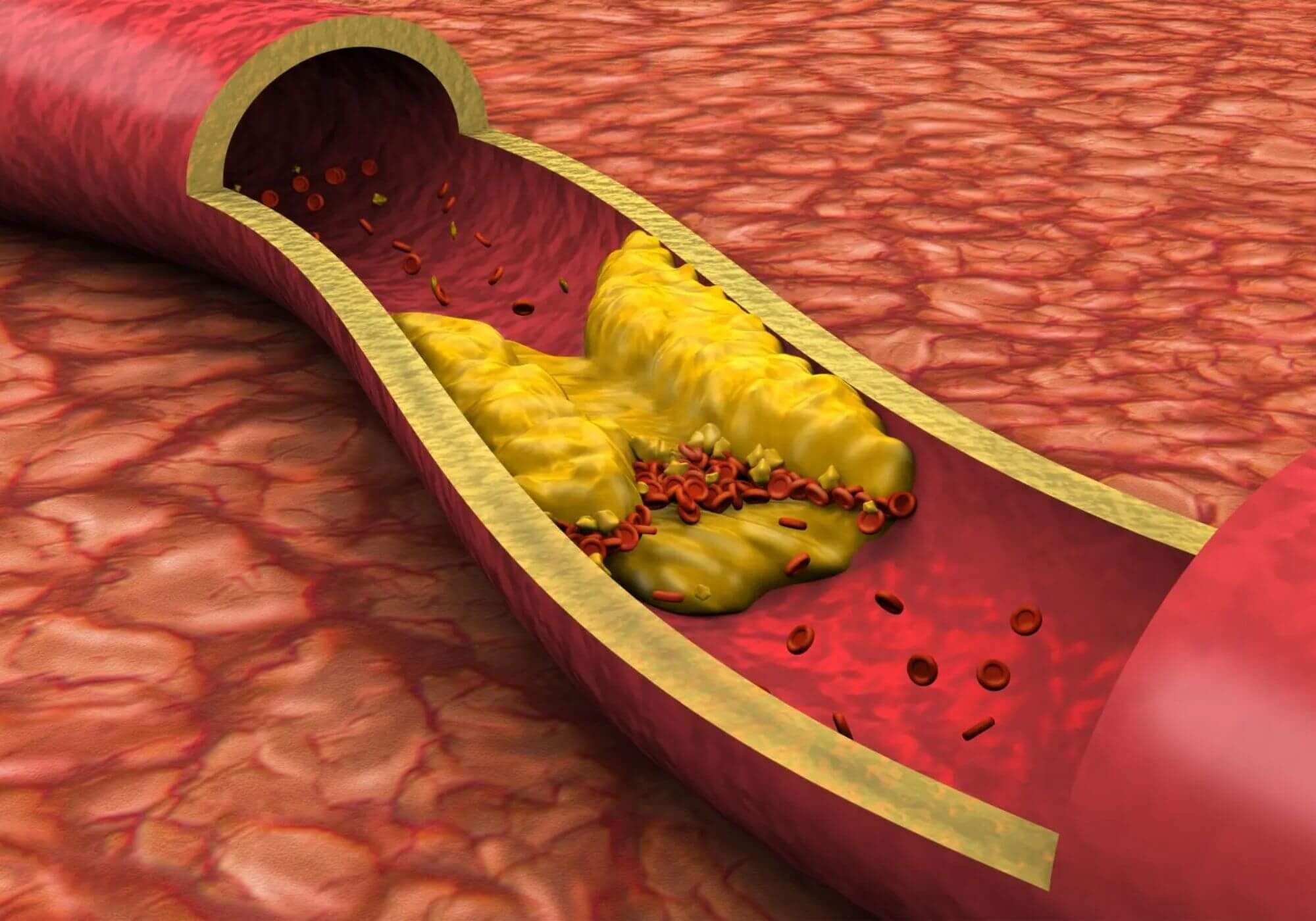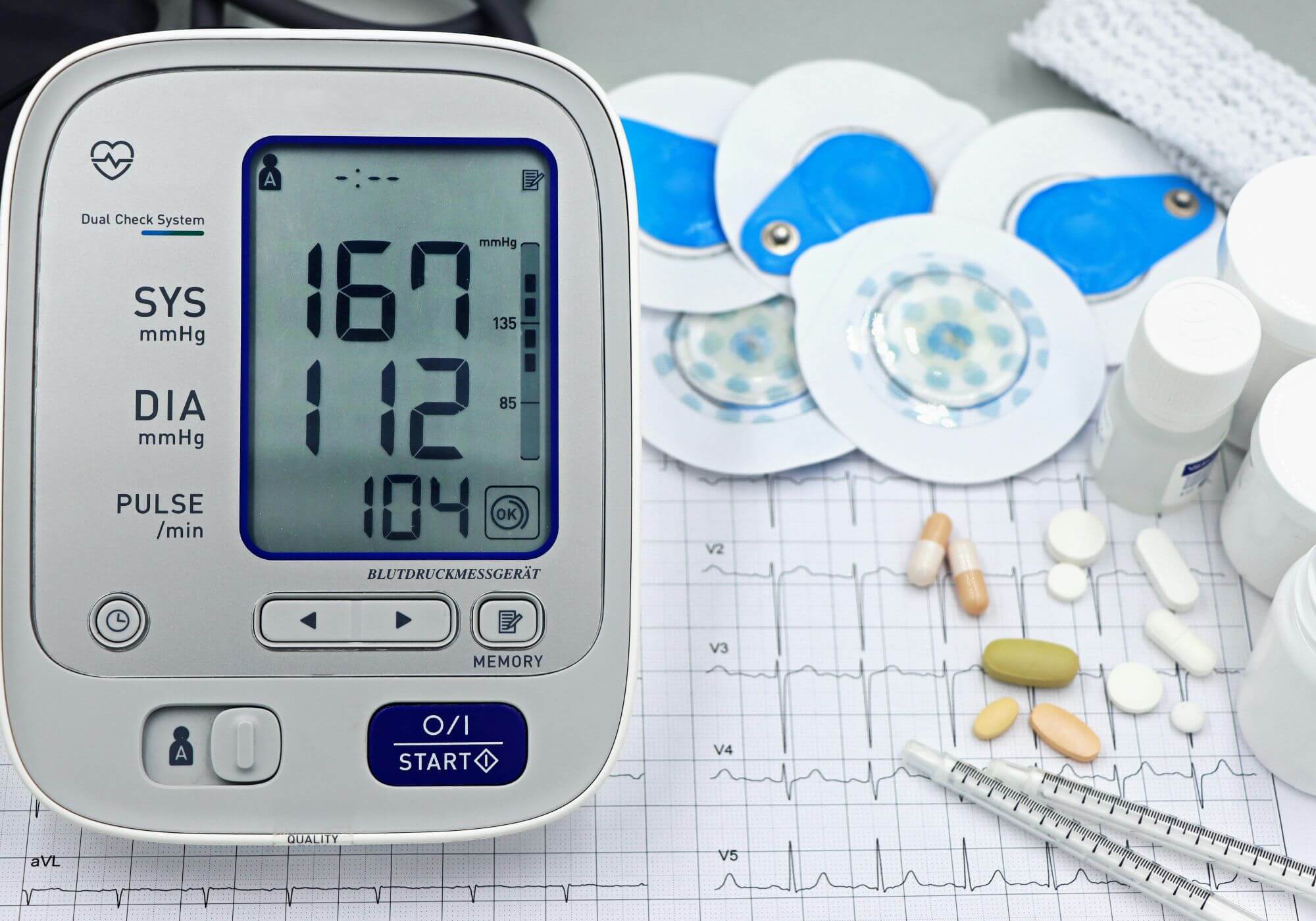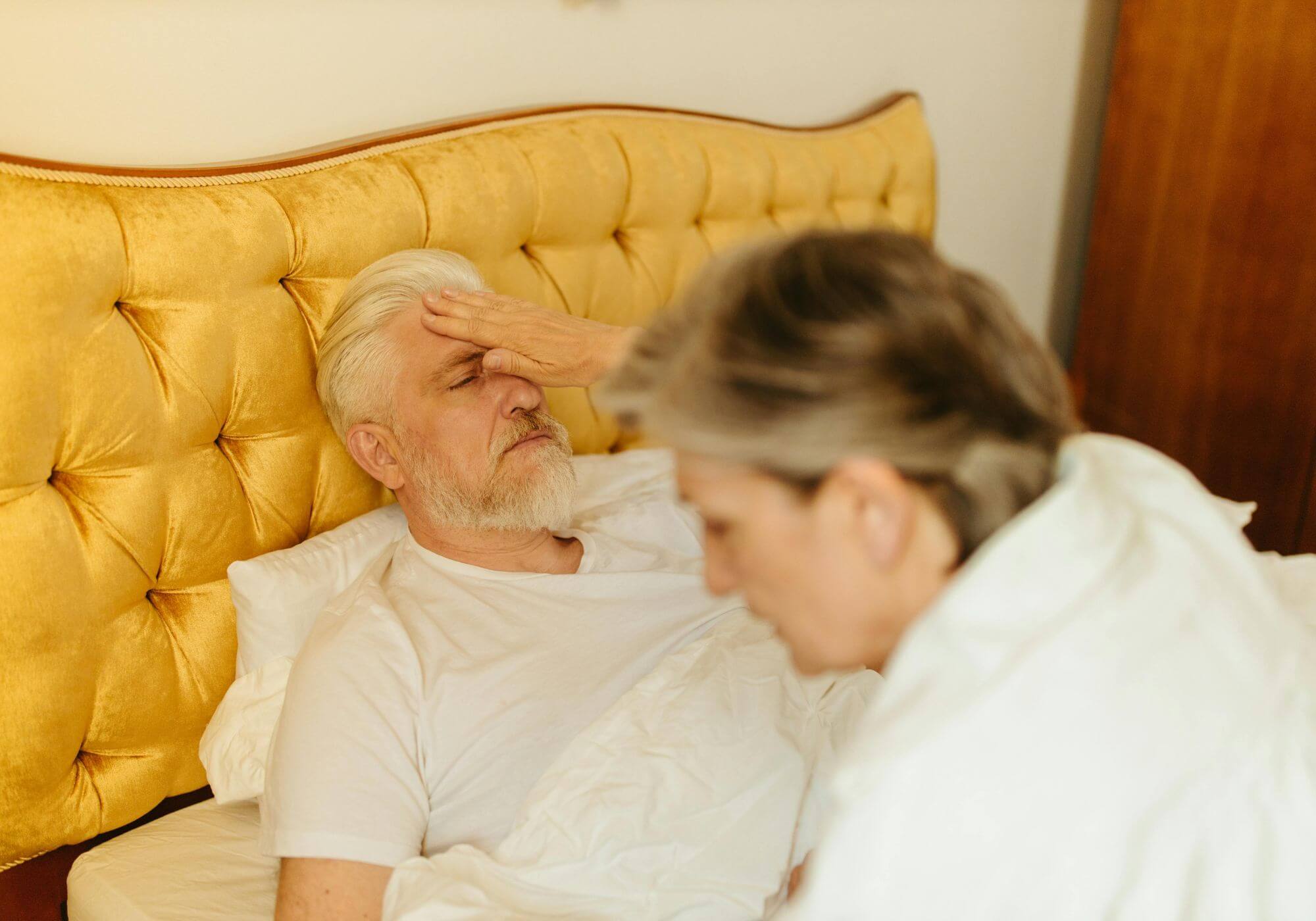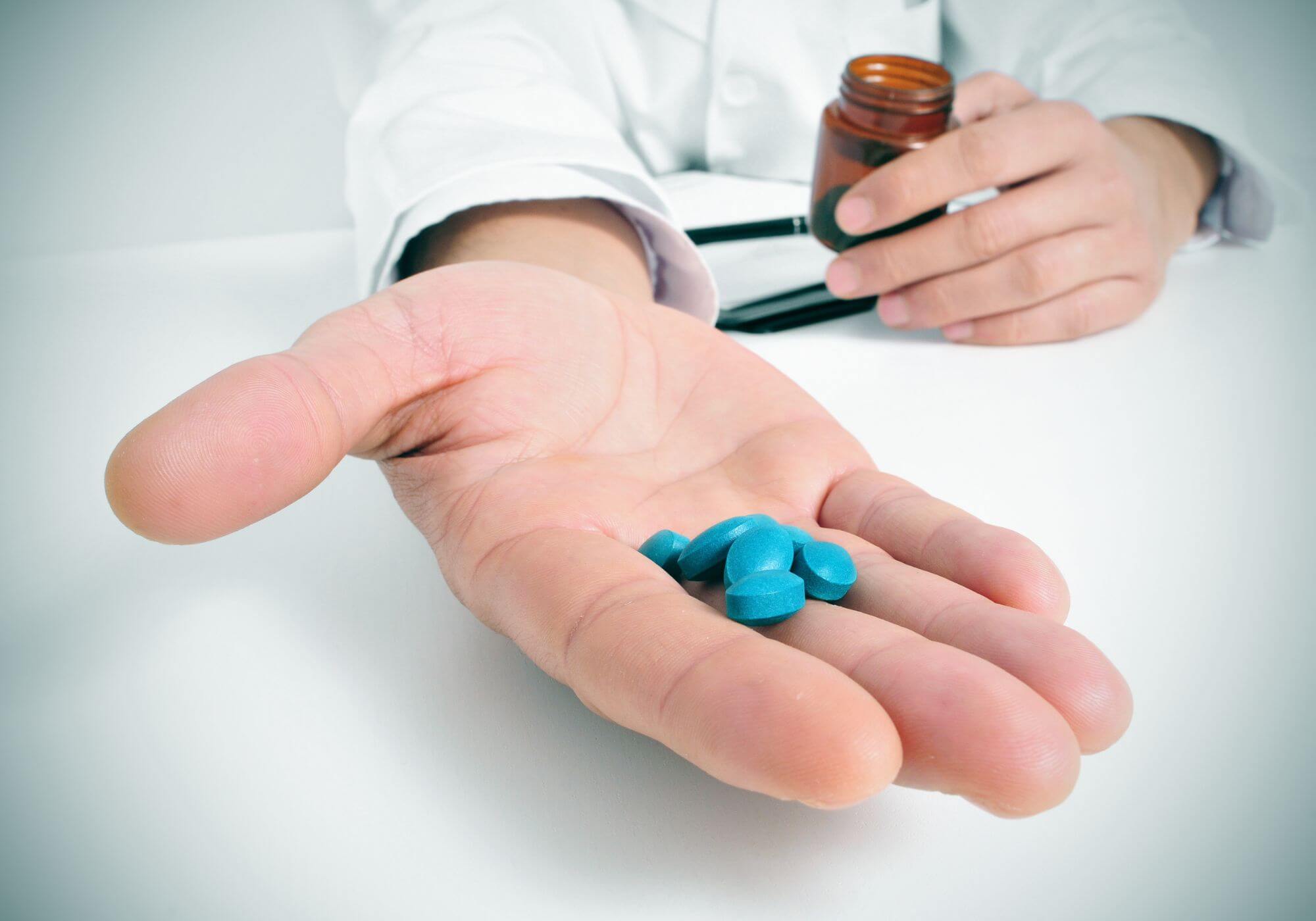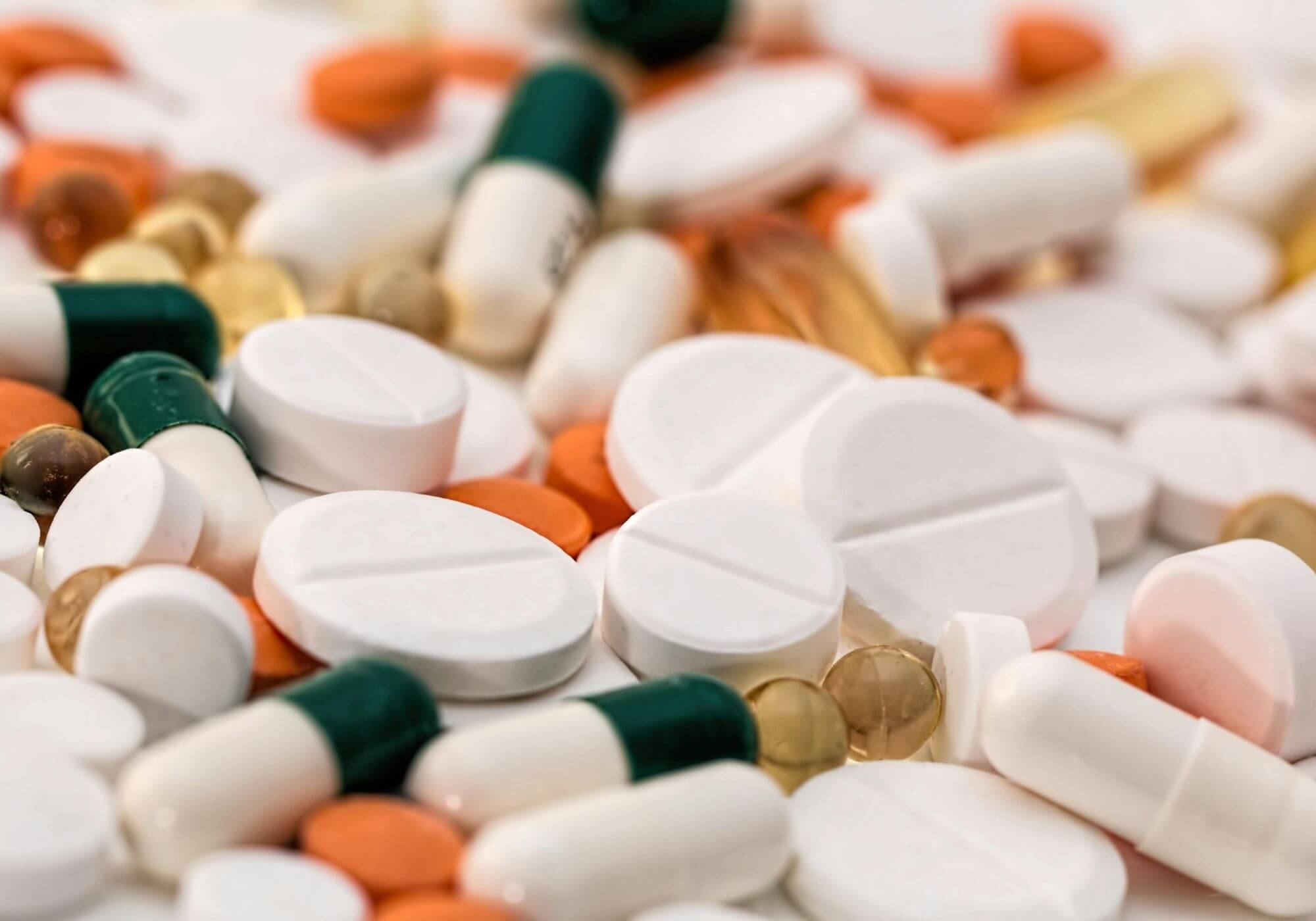What is Andropause in Males?
Written By - Cade Harrington
on November 9, 2025
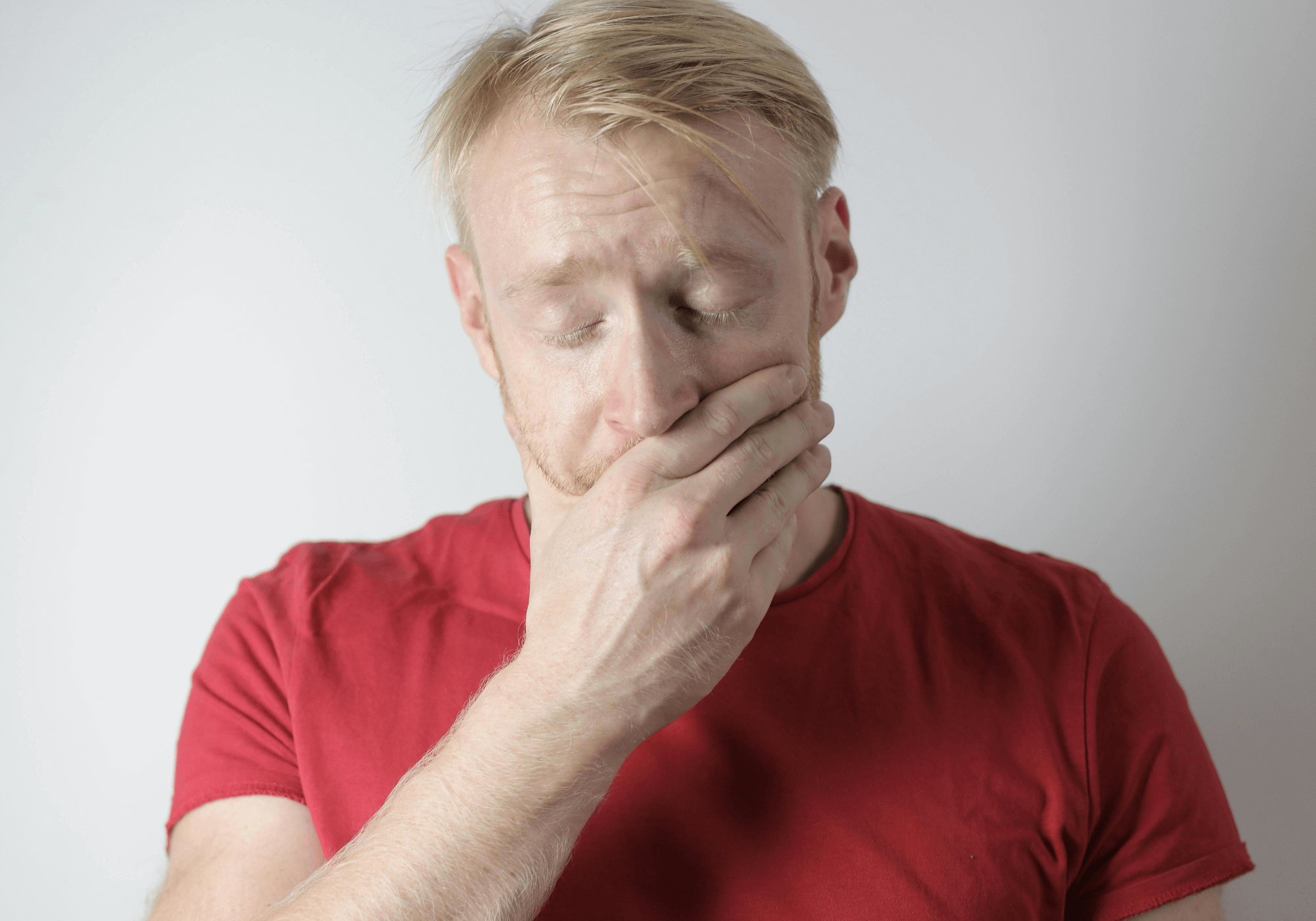
Andropause-The “Male Menopause” You Need to Know About.
Andropause in males—sometimes known as the “male menopause”—is a topic many men overlook until it sneaks up on them. While menopause in women is widely discussed and easily recognized, andropause in males unfolds differently: its signs are subtle, its onset is gradual, and its impact on everyday life is often underestimated. Yet, understanding this stage of life is a powerful tool for staying healthy, confident, and vibrant as you age.
Andropause in Males: A Quiet Shift
Most men are familiar with stories about “midlife changes”—the extra pounds that won’t budge, the mornings that feel sluggish, or a once-steady mood that now feels more like a rollercoaster. For many, this is the slow unfolding of andropause in males. Unlike the sharp hormonal changes women experience during menopause, andropause quietly unfolds over years. You may dismiss early symptoms as stress or just “getting older,” but often, there’s more happening under the surface.
The central player here is testosterone, the primary male sex hormone. Testosterone affects far more than just the obvious (muscle mass and sex drive); it influences energy, sleep, memory, mood, and even bone strength. When it starts to drop—which happens naturally with age—pieces of life you once took for granted can feel increasingly out of reach. For millions of men around the world, andropause in males is a shared experience, even if it looks different for each person.
What Is Andropause in Males?
So, what exactly is andropause in males? Andropause, or Late-Onset Hypogonadism as doctors may call it, is the age-related decline in testosterone and other key hormone levels in men. Unlike menopause in women, which arrives relatively quickly, andropause in males is more of a slow fade—it can begin as early as your 30s but becomes most noticeable in your 40s and 50s.
It happens because, over time, the body’s production of testosterone and other male hormones (like DHEA) wanes. This isn’t a disease or a failure of masculinity, but a normal stage of the male aging process. Still, it can catch men off guard because symptoms arrive gradually and vary from person to person. Some may feel only a mild drop in energy, while others find the effects much more disruptive. Think of andropause in males as a recalibration—your body learning to operate with lower levels of its “engine oil.”
What Causes Andropause in Males?
While aging is the primary driver of andropause in males, lifestyle, environment, and underlying health conditions often play a starring role in just how early—and how strongly—it shows up.
- Age: After about age 30, men experience a gradual testosterone decline—on average, about 1% per year. It doesn’t sound like much, but compounded over decades, the impact can be substantial.
- Lifestyle changes: Sleep deprivation, excessive alcohol use, stress, inactivity, and poor nutrition can all slow down hormonal decline. These factors use your energy but also restrict hormone production.
- Health conditions: Obesity, high cholesterol, diabetes, and other diseases can further disturb your body’s natural testosterone production. Poor metabolic and cardiovascular health reduces reproductive activity, which lowers testosterone.
- Environmental toxins: Exposure to certain chemicals which includes endocrine disruptors like BPA (found in plastics), pesticides, or even some personal care products block natural hormones, which makes the symptoms of andropause in males worse.
As the time passes these contributing factors combine with aging to create a “perfect storm” for andropause in males.
What Are the Symptoms of Andropause in Males?
The symptoms of andropause in males are different to men, but some common ones run through most as below:
- Low energy and fatigue: Even if you sleep or rest, you may often feel tired, drained, or just “off.”
- Change in Mood: Irritability, anxiety, mild depression, and increased sensitivity are common symptoms, and these mood swings can disturb relationships and self-confidence.
- Low libido and sexual performance: Less interest in sex, difficulty achieving or maintaining erections, and reduced sexual satisfaction are main changes as testosterone falls.
- Muscle loss and increase in body fat: You will not be able to gain or keep muscle even with exercise, while body fat increases most of the time around belly.
- Memory and concentration issues: You may not be able to focus during finding words, or feel mentally dull due to hormonal shifts.
- Sleep disturbances: Insomnia, restless nights, or feeling unsatisfied after sleeping are common for men experiencing andropause.
- Decreased bone density: Weaker bones and a higher risk of injury or fracture also develop as hormones change.
It’s the combination—and persistence—of these symptoms that often makes andropause in males so disruptive to quality of life.
What’s Happening Inside During Andropause in Males?
Testosterone is made in the testes, which respond to signals from the pituitary gland in the brain. During andropause, the pituitary sends fewer signals, and the testes produce less testosterone. This decrease ripples out to affect not just muscles and libido, but metabolism, cardiovascular health, and even brain function.
Other hormones shift, too. Oestrogen (usually low in men) may rise slightly as belly fat increases, and cortisol (the “stress hormone”) can become more dominant due to ongoing stress or poor lifestyle habits. This hormonal imbalance—less testosterone, relatively more oestrogen and cortisol—creates “static” in how your body and mind function, making you feel less robust.
When Does Andropause in Males Start, and How Long Does It Last?
Andropause in males generally begins between the ages of 40 and 55, although it can start earlier for some, especially if lifestyle or health factors are not optimal. The change is gradual; there’s rarely a sharp dividing line. Some men barely notice, while others may experience significant, prolonged symptoms.
Unlike menopause, which usually ends within a few years, andropause in males can stay for a decade or more. The duration and intensity may depend on how you take care for yourself during Middle Ages. Stress and poor health can worsen the symptoms and last longer, while healthy habits will help you ease and shorten the changes.
How Can You Avoid Severe Andropause in Males?
Aging is a journey every man takes, but how gracefully you move through it is largely up to you. One of the most misunderstood stages in that journey is andropause—sometimes called male menopause. It’s not a disease or a flaw; it’s a natural shift that comes with time. Even it is impossible to stop change your body however you can help shape it and these changes will definitely affect your life.
Taking Control Early
Think of your 30s and 40s as your “investment years.” The choices you make during this time will pay off decades later. Your hormones, energy levels, and emotional well-being are all connected to your daily habits. You have more influence over andropause than you might think.
- Eat like your body matters. Real food is your ally. Fill your plate with colourful vegetables, fruits, lean proteins, and healthy fats like olive oil, nuts, and avocados. These nourish your cells and support steady hormone function. Try to keep processed foods, sugary drinks, and alcohol as exceptions—not the rule.
- Move your muscles. Strength training does more than build muscle—it tells your body that vitality still matters. Lifting weights or doing resistance exercises three times a week keeps testosterone levels active, while cardio supports endurance and heart health.
- Sleep with intention. Deep, uninterrupted sleep is when your body resets itself. Seven to eight hours a night helps maintain hormones, refuels your energy, and steadies your mood. Treat sleep as sacred—a non-negotiable part of your health routine.
- Relieve stress. Living with constant tension drains testosterone. Meditation, journaling, mindful walks, gardening, even listening to music—these aren’t luxuries; they are medicine.
- Keep your waistline in check. Belly fat creates hormonal chaos by generating oestrogen and suppressing testosterone. Each step you take away from excess weight is a step toward balance.
Reversing andropause—naturally and patiently
While you can’t wind back the clock, many symptoms of andropause can be eased or even reversed through determination and self-care. It’s about reconnecting with your body and reclaiming your confidence.
- Know where you stand. Don’t ignore uncertainty; test your testosterone and related hormone levels. Understanding your baseline helps you and your doctor take the right steps early.
- You need to challenge yourself. Resistance training helps to activate the dormant hormones, and they recharge your body’s growth signals. Even if you are at 50’s you will find a remarkable change. Stay consistent with exercising, picking up weights or even do push ups at home.
- Eat for gaining energy and confidence. Select the foods which are good for boosting testosterone such as leafy greens, pumpkin seeds and eggs. Also, addition of zinc-rich options is advisable.
- Look out for natural supports and herbs that will help you make a difference which includes fenugreek, ginseng and ashwagandha. These can be added as healthy boost.
- Create a sleep haven. Turn your bedroom into a restful refuge—cool, dark, and free of screens or distractions. Deep sleep promotes hormone recovery far more than late-night scrolling ever could.
- Always stay connected to those you like. Laughter, positive touch and companionship will always improve mood and lower the stress hormones and also support testosterone.
Your Emotional Journey
Andropause is not limited just to hormones however it is also about your identity. You may feel insecure during this stage and feel less driven. You may also feel less physical strong and even question your purpose
It’s not weakness. It’s your body undergoing a quiet transformation that requires compassion, not criticism. Opening—whether to a friend, a spouse, or a counsellor—helps you process the changes with clarity instead of shame.
Learning to value yourself beyond strength or productivity is one of the most freeing parts of this chapter. You don’t need to chase who you were; you get to redefine who you’re becoming.
Seeing Aging Differently
Andropause is not the beginning of decline—it’s the start of evolution. You already gone through adolescence which turned into adulthood and this stage will invite you to step towards a wiser version of manhood. This step may be delicate however powerful, here your focus will move from pursuing achievement to cultivating balance. Look for what brings you piece or what makes you feel alive again? Maybe it’s returning to an old hobby, picking up a guitar, hiking more, or just spending time with family. These joys become anchors when the body’s signals begin to change.
Regular health check-ins also matter.
- It is beneficial if your visit to check the hormone level with cardiovascular and mental health.
- Some practical ways below to adapt the things gradually:
- You can keep a simple journal and track your sleep quality, energy, libido and mood. All this helps to communicate effectively with your doctor.
- Start blending your exercises with some other strength training such as swimming, brisk walks, yoga and even cycling.
- Select your food properly and focus on whole ingredients avoiding sugar and alcohol with processed food.
- Your hormones love consistency.
- Protect your calm. Prioritize downtime as much as productivity time. Even practise meditation, mindfulness and simple breathing exercise.
- A skilled counsellor can guide you through the changes without judgment. Emotional health is strength, not vulnerability.
- Build your circle. Surround yourself with people who inspire you. Community boosts resilience and makes life richer during every season.
- Your hormones love consistency.
- Protect your calm. Prioritize downtime as much as productivity time. Even practise meditation, mindfulness and simple breathing exercise.
- A skilled counsellor can guide you through the changes without judgment. Emotional health is strength, not vulnerability.
- Build your circle. Surround yourself with people who inspire you. Community boosts resilience and makes life richer during every season.
Considering Medical Options
Sometimes lifestyle isn’t enough—and that’s okay. You will need to consult your doctor and speak to your doctor openly if the symptoms get worst even after you try everything. With the help of Testosterone Replacement Therapy (TRT) you will be able to restore the balance. It is taken by the help of your doctor as it may not be suitable to everyone. Proper testing, care monitoring and open communication is the key to avoid unwanted ricks. Medical intervention and genuine lifestyle both together works the best.
A Closing Statement
Andropause is not the end of your youth, but it is the beginning of the mastery. The chapter will challenge to refine your way to live and take care of yourself. Do not avoid this but walk into it with self-respect.
Aging is not a battle, but it is a dialogue with your body. You start listening and nurture your body with adjustments. With the awareness, consistency and courage you will be able to carry strength ahead with the wisdom of maturity.
More Blogs

